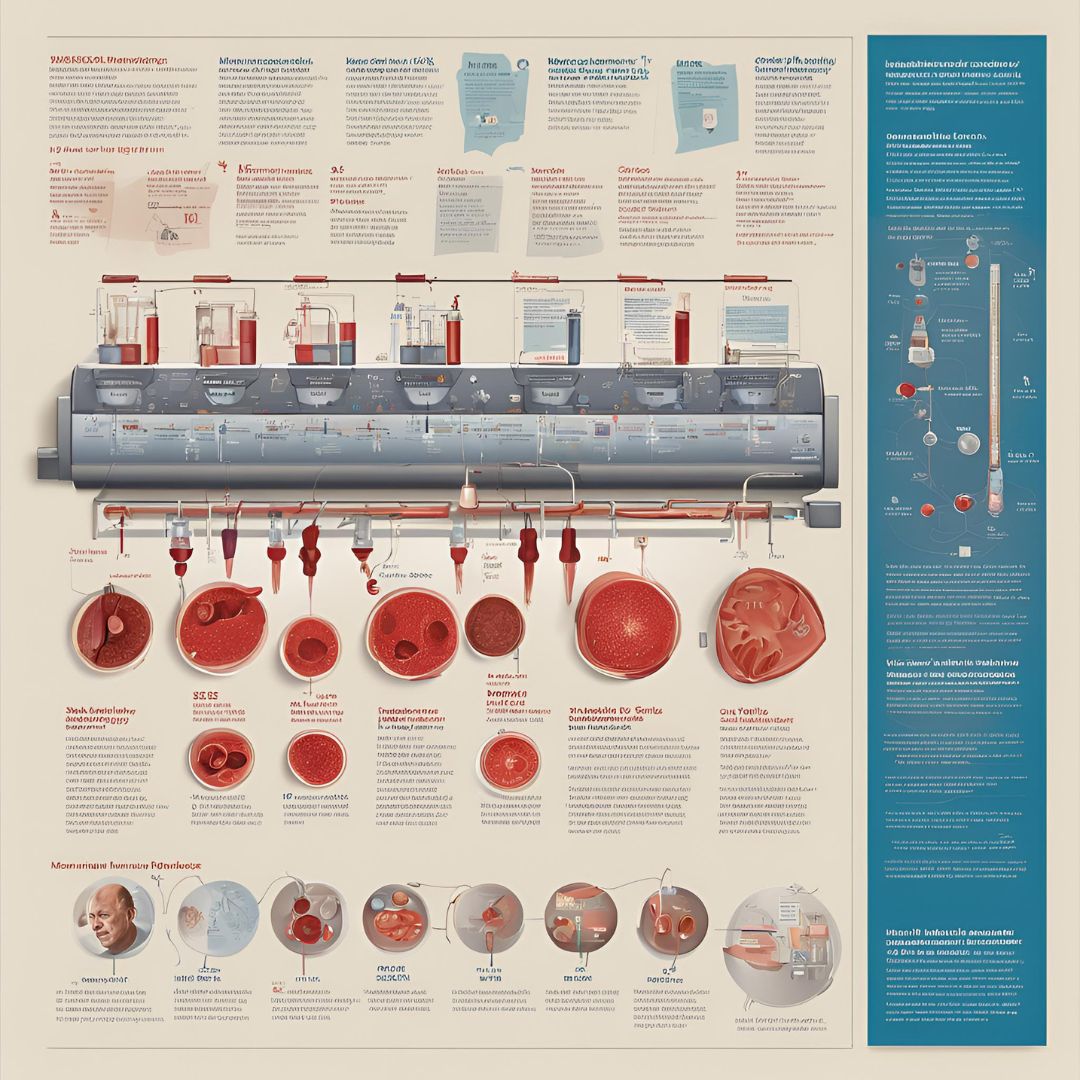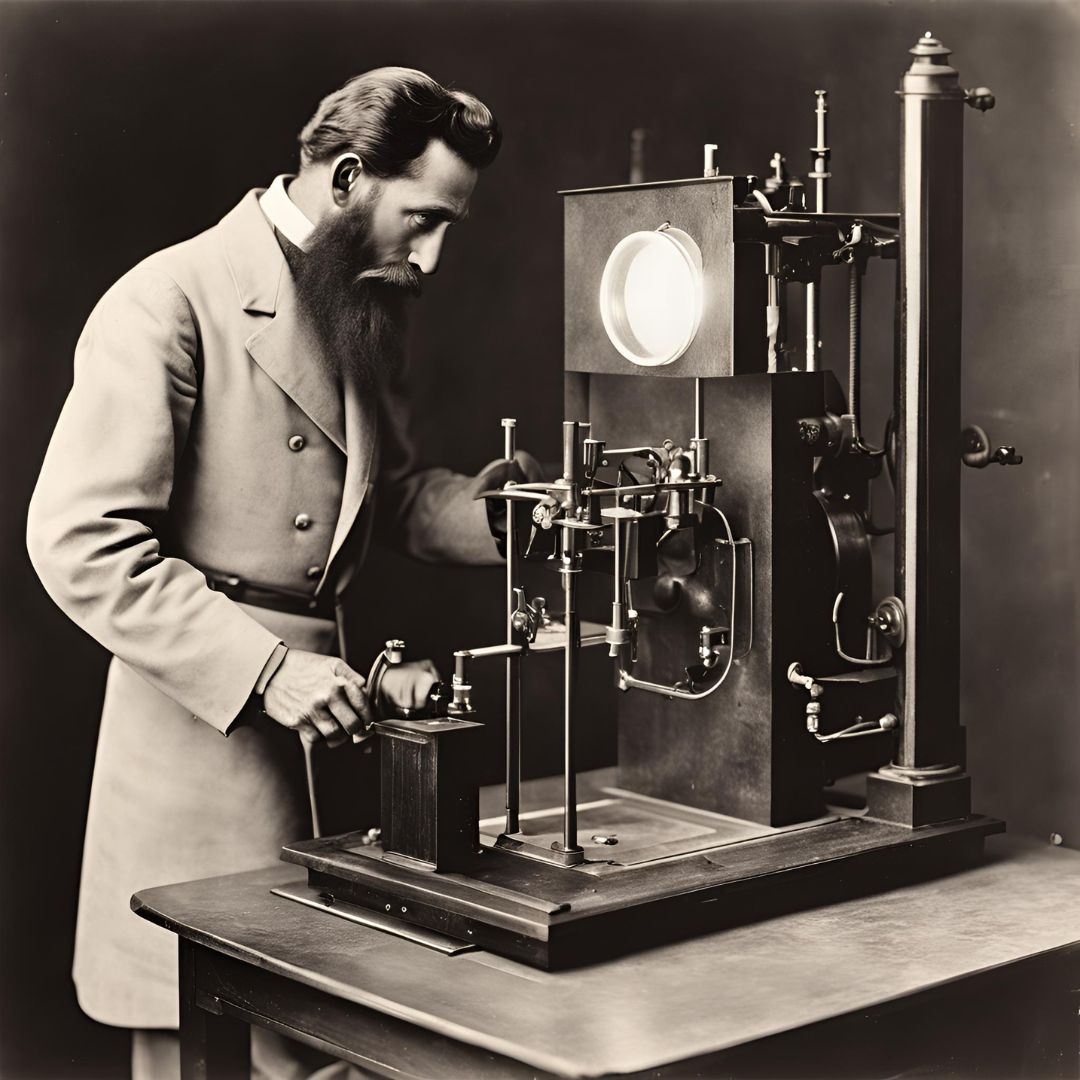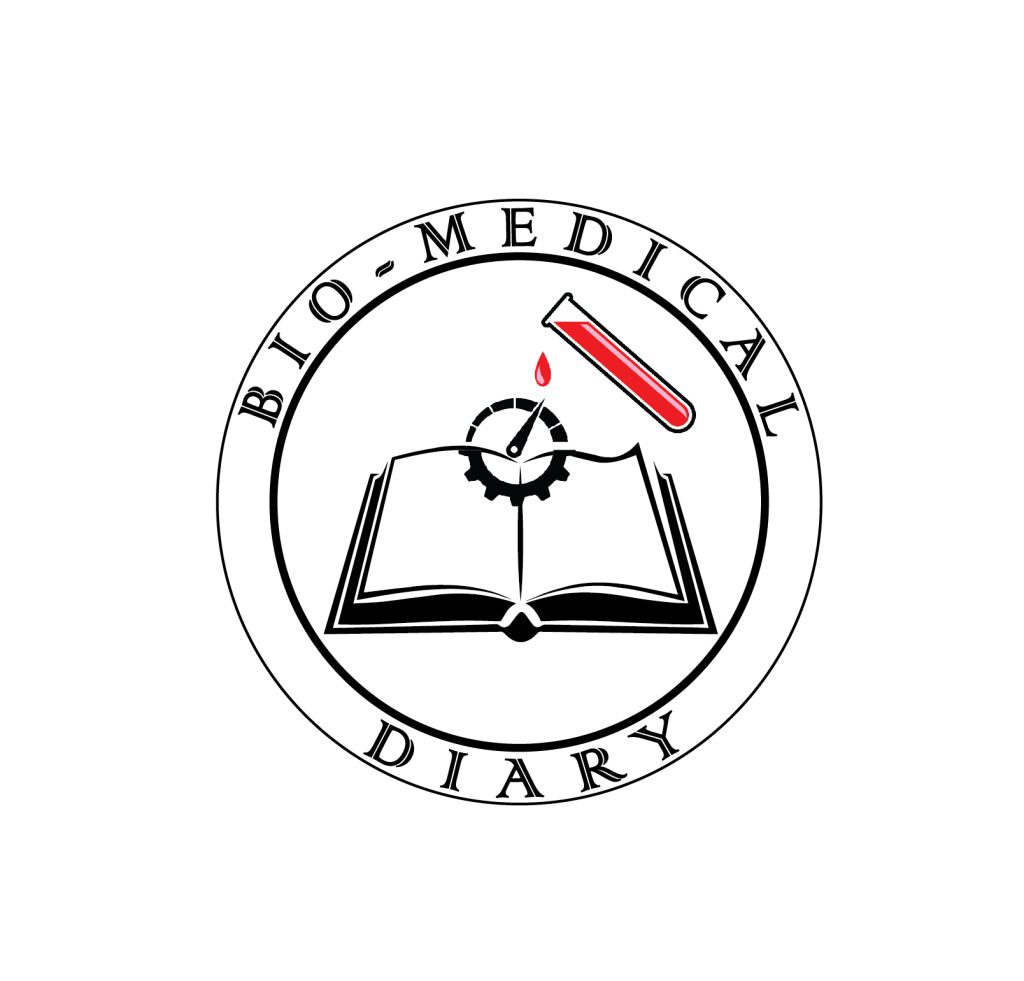Future of Biomedical Engineering in Oncology: Cancer is a complex and challenging disease that has touched nearly every one of us in some way. As a biomedical engineer, I’ve always been driven by the potential to make a meaningful impact in this field. The future of biomedical engineering in oncology is not just promising—it’s transformative. We’re on the cusp of breakthroughs that could redefine how we diagnose, treat, and ultimately, cure cancer.
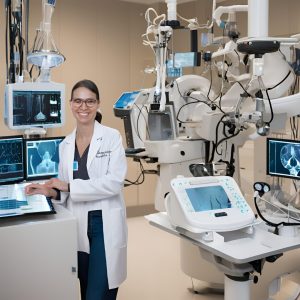
Precision Oncology: Tailoring Treatments to Individuals
One of the most exciting developments in oncology is the move towards precision medicine. Biomedical engineering is at the forefront of this shift, enabling us to tailor treatments to individual patients based on their genetic makeup, tumor characteristics, and even lifestyle factors. Gone are the days of a one-size-fits-all approach to cancer treatment.
Through advanced imaging technologies, molecular diagnostics, and bioinformatics, we’re now able to understand cancer at a molecular level. This means we can develop targeted therapies that attack cancer cells while sparing healthy tissue, reducing side effects, and improving outcomes. It’s a game-changer for patients who may have previously faced limited treatment options.
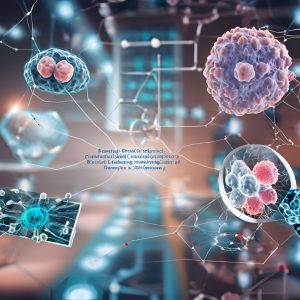
The Role of Nanotechnology
Nanotechnology is another area where biomedical engineering is poised to revolutionize oncology. Imagine delivering chemotherapy directly to cancer cells, bypassing healthy tissues entirely. This is the promise of nanoparticle-based drug delivery systems. These tiny particles can be engineered to seek out cancer cells, delivering drugs precisely where they’re needed, minimizing side effects, and maximizing efficacy.
But it doesn’t stop there. Nanotechnology is also being used to develop new diagnostic tools that can detect cancer at its earliest stages, long before it becomes symptomatic. Early detection is crucial in improving survival rates, and these advancements could significantly shift the odds in favor of patients.
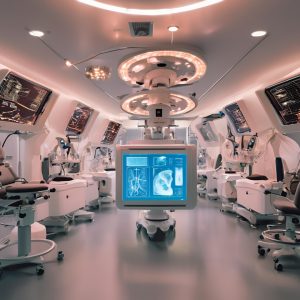
Advancements in Immunotherapy
Immunotherapy, which harnesses the body’s immune system to fight cancer, is one of the most promising areas of cancer treatment. Biomedical engineers are developing innovative ways to enhance the effectiveness of these therapies. From designing better biomaterials that can be used in vaccines to engineering immune cells that are more effective at targeting tumors, the possibilities are vast.
In the future, we may see personalized immunotherapies that are tailored to an individual’s unique immune system and cancer profile. This could lead to more effective treatments with fewer side effects, offering new hope to patients with difficult-to-treat cancers.
The Promise of Artificial Intelligence
Artificial intelligence (AI) is playing an increasingly important role in oncology. AI algorithms can analyze vast amounts of data from medical records, imaging studies, and genetic tests to identify patterns and predict outcomes. This not only aids in early diagnosis but also helps in the development of personalized treatment plans.
Biomedical engineers are working to integrate AI into every aspect of cancer care, from diagnosis to treatment monitoring. The future could see AI-driven systems that continuously monitor a patient’s response to treatment, adjusting therapies in real-time to optimize outcomes. It’s an exciting convergence of technology and medicine that has the potential to improve patient care dramatically.
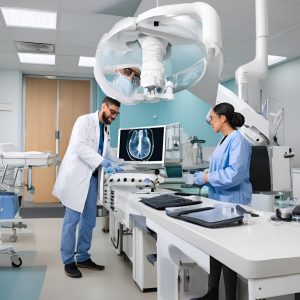
The Future: A Cure in Sight?
As we look to the future, the ultimate goal is clear: finding a cure for cancer. While this remains a formidable challenge, the advances we’re seeing in biomedical engineering bring us closer every day. With continued research, innovation, and collaboration, we have the tools to turn what was once science fiction into reality.
The future of biomedical engineering in oncology is not just about incremental improvements—it’s about redefining what’s possible in cancer care. For me, being part of this journey is both a privilege and a responsibility. It’s a testament to the power of human ingenuity and the relentless pursuit of better health for all.

